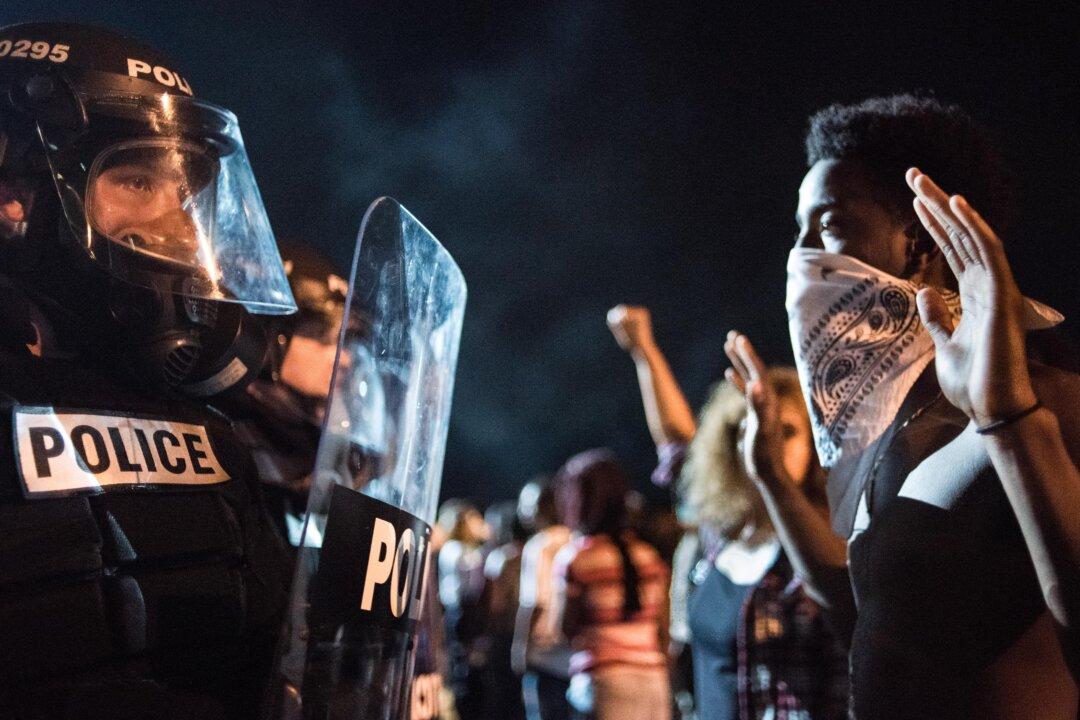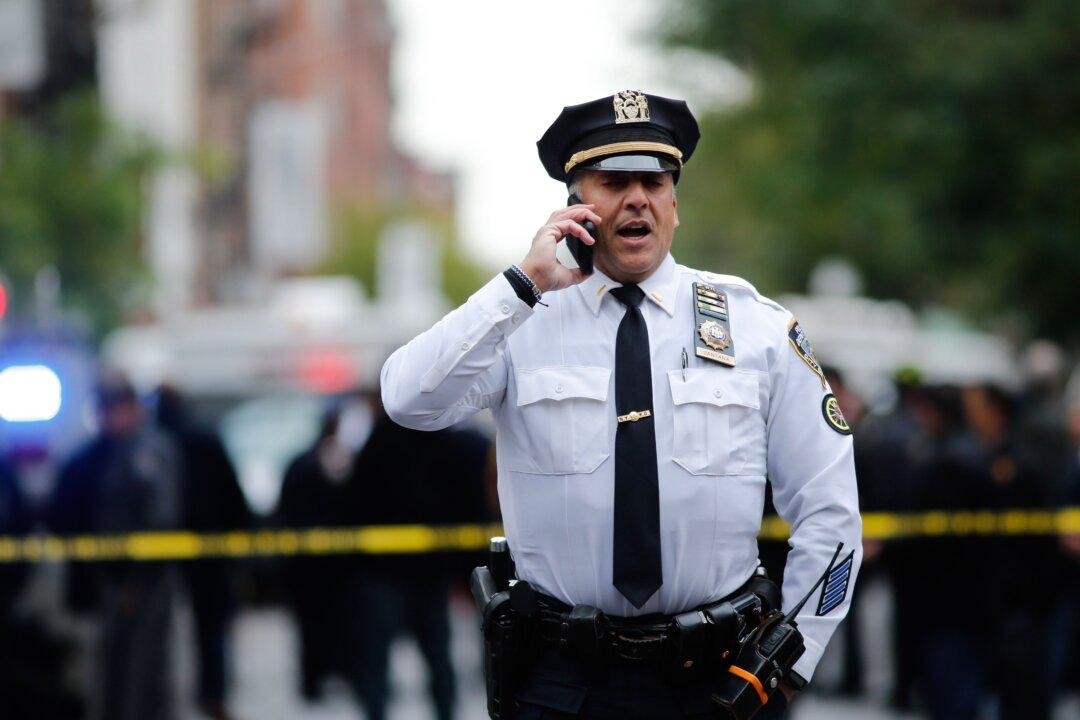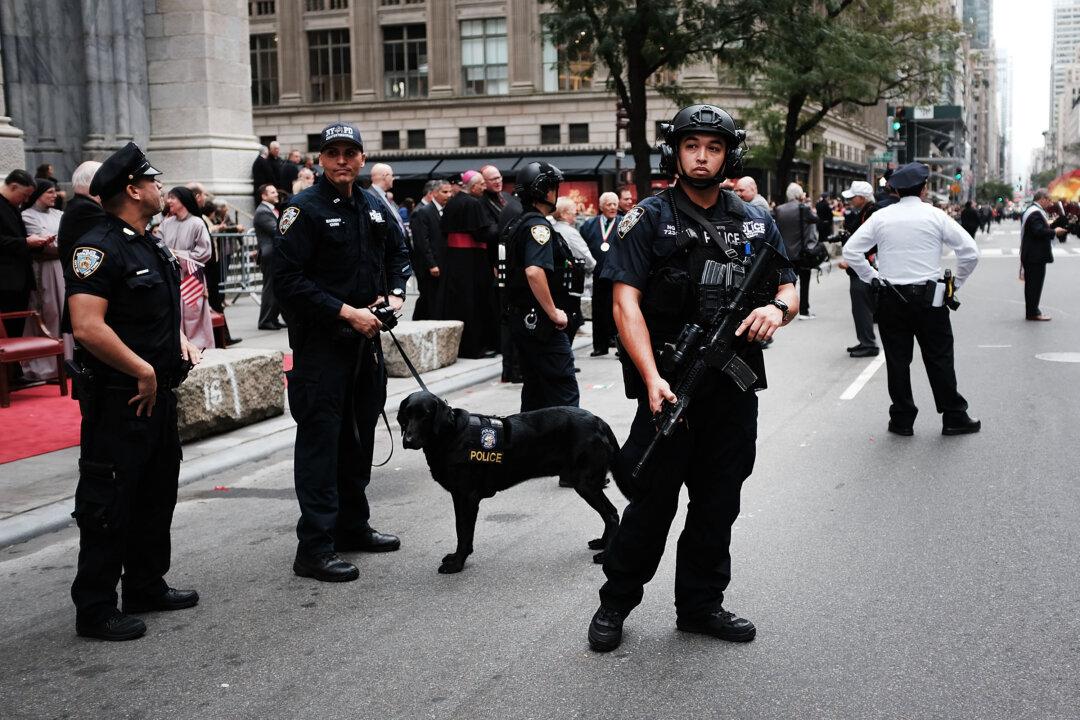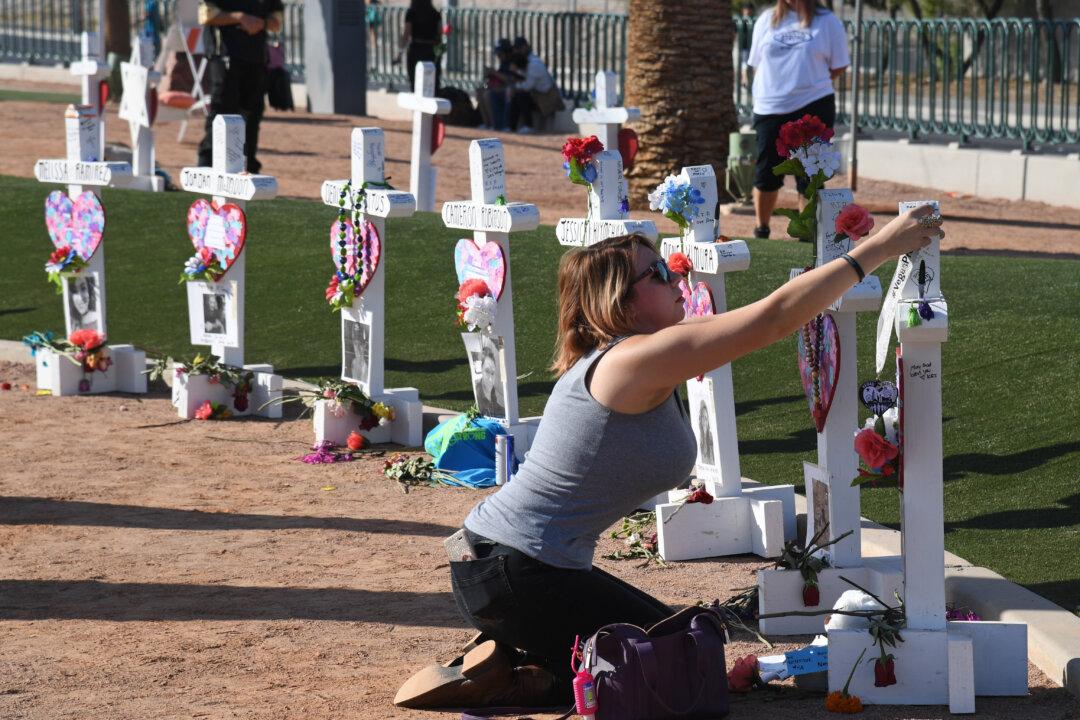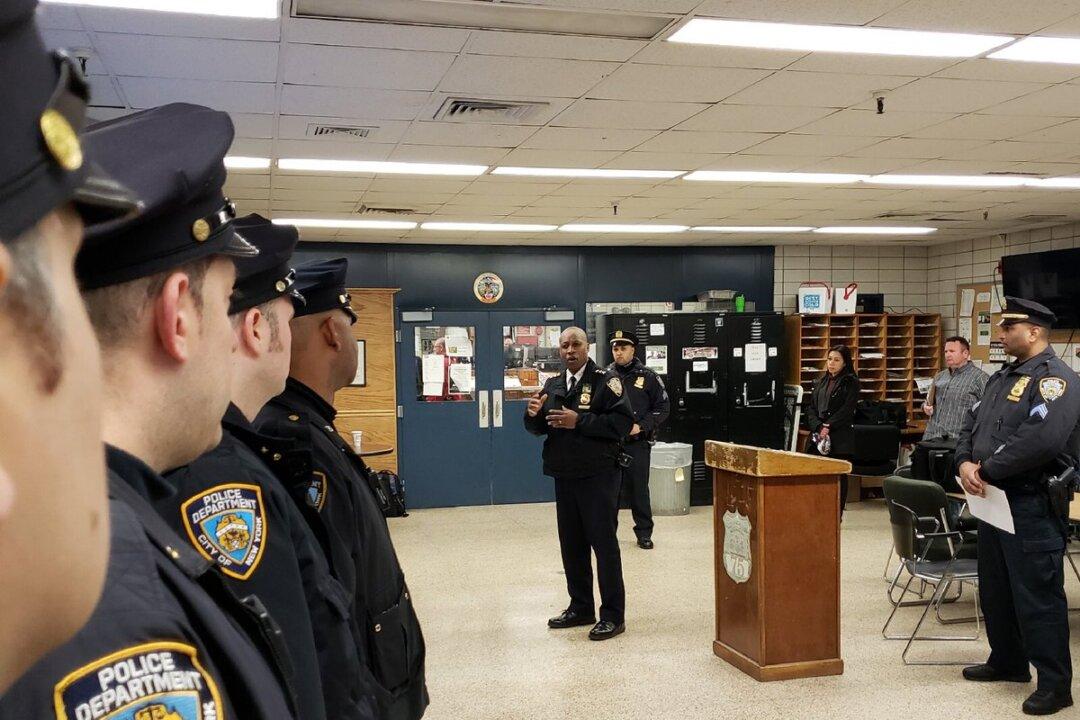During the last few years, there have been incidents, controversies, and protests throughout America that must serve as a clarion call to renew, restore, and rejuvenate police-community unity.
A policing incident in any community can spark intense repercussions throughout the nation. Any breakdown of trust between community and police demands an urgent, unwavering, and complete dedication to remedy the problem.
Police-community collaboration will only be possible when leadership builds bridges of trust.
These ideals will become reality when human contact, with respect as the foundation, is enhanced between police and the community.
Respect is the heart of community policing. This virtue must be complemented by improving use of force standards, enhanced training and certification initiatives, transparency and accountability, and a renaissance of ethical values in policing and throughout all of society.
Community Policing: Cultivating Human Contact
Modern technology can be a great asset to life when properly utilized.
But this technology has a downside when it replaces human contact. Human contact is essential for a healthy person, family, and community. It is also irreplaceable for police-community relations, and must be continually cultivated on the pillars of respect, courtesy, professionalism, and ethical values.
In my presentations for police, educators, students, and community leaders, I often use a graphic slide to emphasize the dramatic technological progress over the last twenty-five years.
We are able to instantly communicate with messages, pictures, documents, and videos and share anywhere on the planet.
Yet, I argue during these presentations that human contact has not improved during this same time-frame. Actually, it may have diminished as we have allowed technological communication to be a substitute for human contact.
This can be witnessed with the deterioration of family life, marriage, parenting, faith-based communities, civility, and community.
American policing has an opportunity to shine and enhance human contact, a critical component of community policing.
Human contact, built on the pillar of respect, must be the heart of policing. It is paramount for building trust and restoring community.
Pro-Police and Pro-Community
Trust and community is the heart of over two years of published works on issues critical to America for the Epoch Times.
Perhaps, these are best summarized by the first and second, of my nine principles, titled “Principles of American Policing.”
These principles, published in the May 1, 2015 edition are as follows:
- Being pro-police and pro-community are inseparable, indefatigable, and pre-eminent. Police must at all times remain fully committed to protecting and serving the public through character, ethics, and leadership that is total and wholehearted. Police must be guided by a moral compass that honors the community, Constitution, and Bill of Rights.
- Respect must be the heart of the police and it must be unwavering for the profession, colleagues, and community. Respect can only be earned through integrity, accountability, and transparency. These qualities build trust, legitimacy, and collaboration.
The True Heart of American Law Enforcement
On Sunday, Oct. 16, 2016, James B. Comey, director of the FBI, spoke at the International Association of Chiefs of Police (IACP) Annual Conference in San Diego, California.
Since I hold a profound appreciation for the FBI, and admire the leadership of Director Comey, I recommend careful reading of this speech.
Since Director Comey compliments my dedication to police-community unity, memorialized in my articles and speeches, I would like to highlight parts of his speech. His thoughts, paraphrased for the sake of brevity, include the following:
• There is a riptide of challenges for American law enforcement that demands leadership and truth to calm the waters.
• Leadership in policing demands that we know the people we serve and that we are completely dedicated to all the people, all the time.
• Good policing is respectful, disciplined, firm, fair, lawful, and transparent. Good police leaders blend combinations of kindness with toughness, humility with confidence, and decency with determination to deliver results.
• Leaders know the hopes, dreams, disappointments, and pain of black America. They know law enforcement’s historical interaction with black America, and that African-Americans, like all Americans, want good policing, essential to safety and prosperity.
• Leaders understand that contemporary police challenges are being multiplied by a false narrative stating “Biased police are killing black men at epidemic rates.”
• True police leaders never give up because they care. They talk to their citizens, elected officials, media, and officers. They are respectful, moral, transparent, and support the mission of their officers who are making a difference, saving lives, and building bridges with community.
• There are bad cops ... departments with troubled cultures ... people are flawed. Law enforcement is in the spotlight, entrusted with power and authority, and we must accept the spotlight and demand higher standards for ourselves.
• Police officers are overwhelmingly good people ... who took exhausting, dangerous jobs because they want to help people. They chose lives of service over self, lives of moral content, because that’s who they are.
Final Reflections
Although I normally conclude my articles with personal reflections, the final words for this article, from Director Comey’s IACP speech, are respectfully reserved for him:
“As we work to close the chasm, we need to show the young people of America what it is like to choose service over self. We need to show them what American law enforcement is really like. Because if they know what we know, they will want to be part of it. And we also need to show the people of America, especially people of color and especially the black community, what we are really like. Because if they see what we see, the chasm will start to close.
